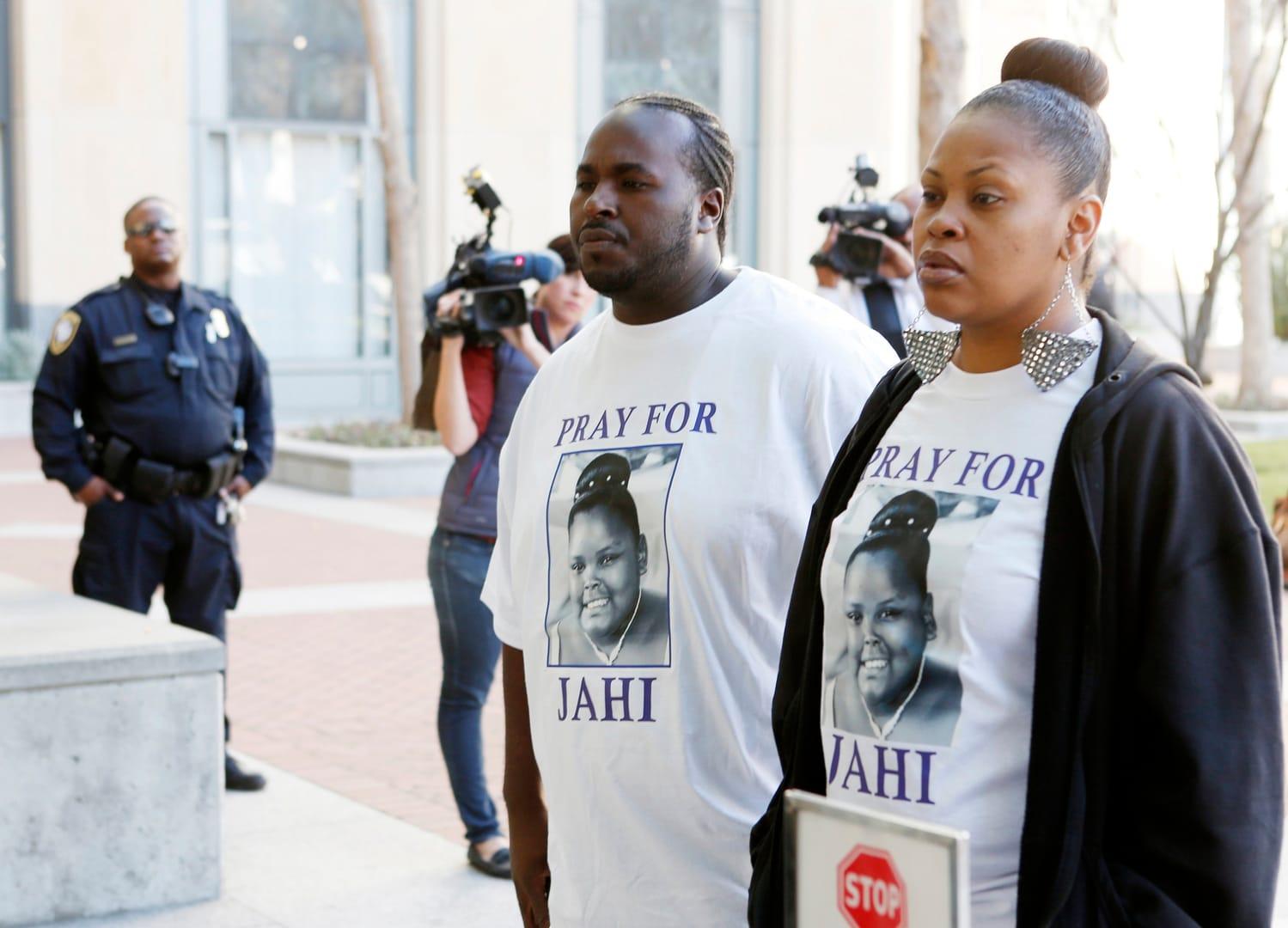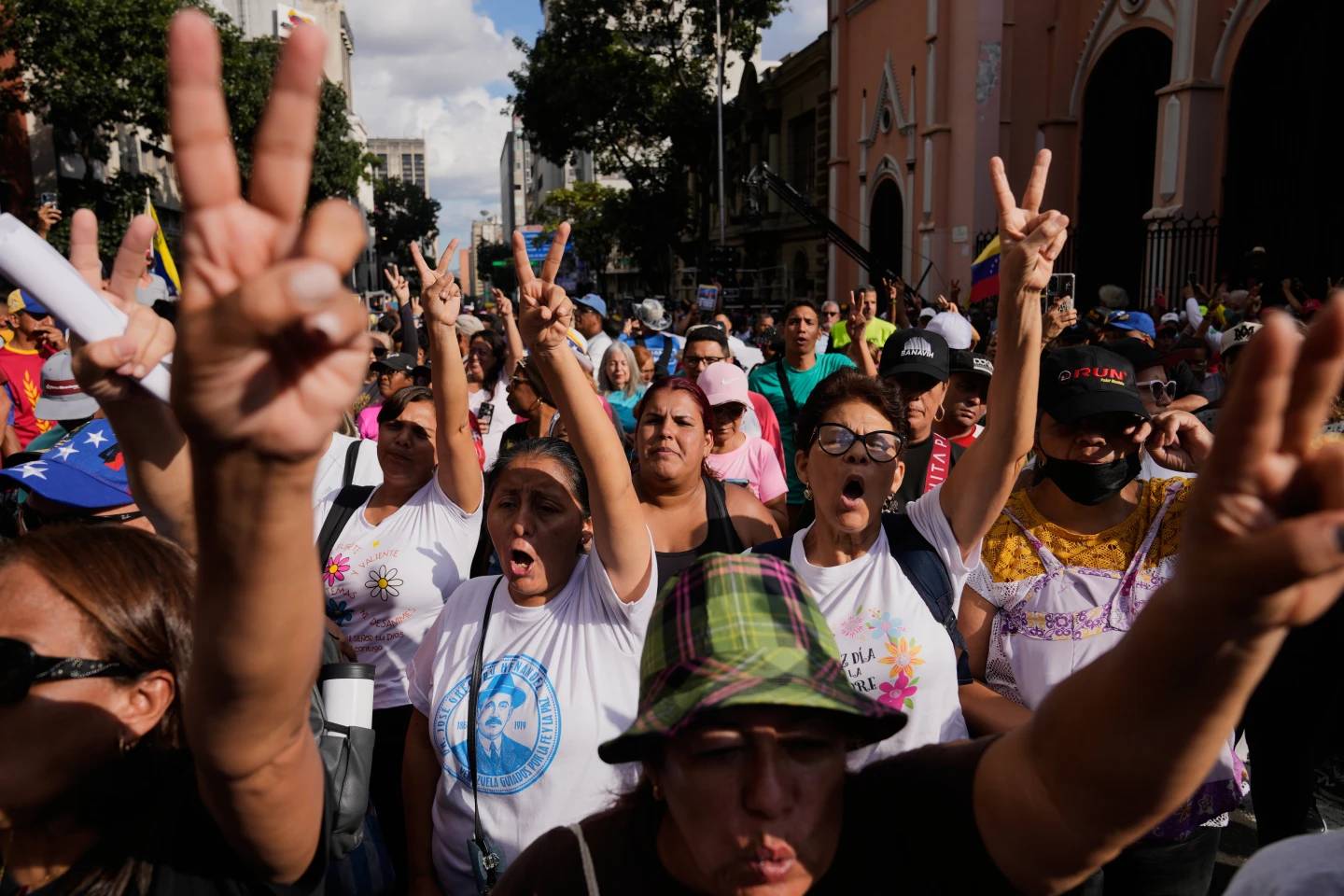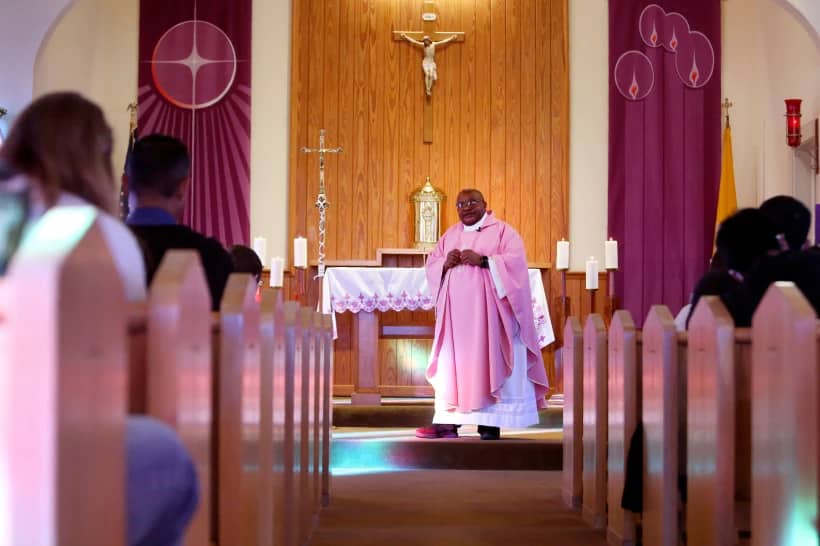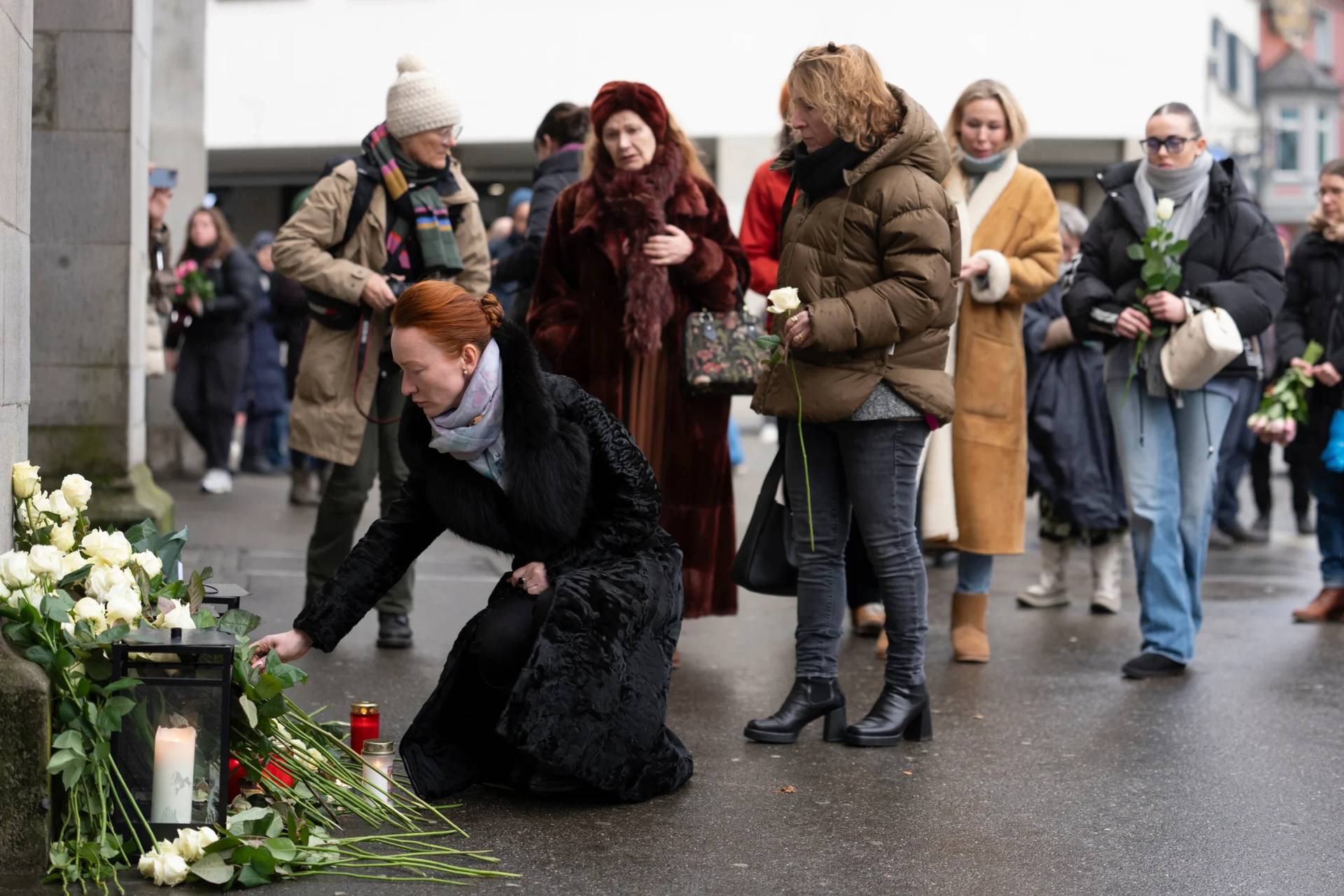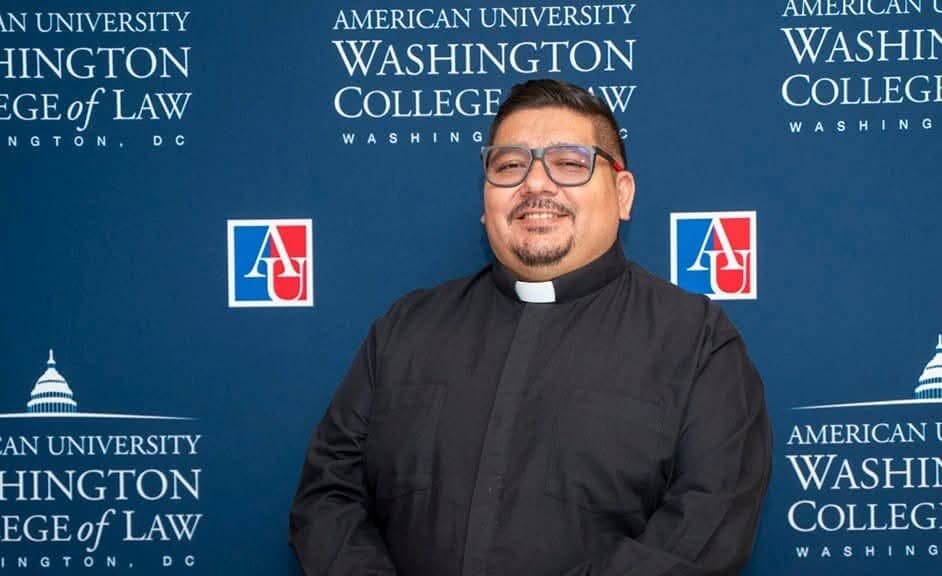NEW YORK – In 2013, an overlooked blood loss after a routine surgery for sleep apnea sent thirteen-year-old Jahi McMath into cardiac arrest, and, two days, later tests showed she was brain dead. The state of California declared McMath dead.
Her family, however, disagreed.
A Christian family, they believed that because her lungs continued to breathe and heart continued to beat while connected to a ventilator, there was a responsibility to fully care for a living body. The hospital maintained McMath was dead. A month-long legal battle ensued over whether or not to remove her from the ventilator.
The story is one of many that Charles C. Camosy, an associate professor of theological and social ethics at Fordham University and a regular Crux contributor, explores in his new book Losing Our Dignity: How Secularized Medicine is Undermining Fundamental Human Equality.
“These particular stories are important because they focus on people who were at the center of very famous cases when it comes to brain death, (permanent vegetative state), toddlers with neurodegenerative disease and more,” Camosy, author of Resisting Throwaway Culture: How a Consistent Life Ethic Can Unite a Fractured People. “Each representing a particular human population that is no longer considered the moral or legal equal of other human beings.”
Camosy uses the stories – that include Terri Schiavo and Alfie Evans – to show how the influence of secularized medicine is undermining fundamental human equality. He explores ways religious communities can combat this cultural trend, and “sounds the alarm” on what he believes is the next population to fall on the current cultural trajectory: people with dementia.
Crux’s interview with Camosy on his new book follows:
Crux: If you had to boil it down, how is secularized medicine undermining fundamental human equality?
The central thesis of the book is that as medicine became secularized it rejected the idea that fundamental human equality comes from sharing a common human nature which reflects the image and likeness of God — and replaced it with a vision of the person which insists on their being rational, self-aware, autonomous, productive, etc. in order to be morally and legally valuable.
Because medicine works at the crossroads of life and death, it has had an outsized effect on our culture’s understanding of which kinds of lives are valuable and which kinds of deaths are regrettable. This secularized vision has become the norm in many places–including whole states, leaving certain human populations discarded as less than equal to other humans.
In the book, you pose the question “where is our irreligious trajectory taking us?” on this topic. So, on this current trajectory, where do you believe things are headed?
If we stay on the current path there will likely be euthanasia of human beings with later-stage dementia in the near future. In some ways, the neglect this population already experiences isn’t much better than euthanasia — isolated from the rest of us and kept ‘docile’ with various drugs in what are essentially warehouses where they wait to die alone.
But there’s no principled reason why our secularized medical culture would stop with this population. After all, lots of disabled human beings aren’t rational, self-aware, autonomous, and productive in the same way able-bodied human beings are. Why would we think that we won’t eventually apply this horrific moral and legal vision to them?
A central focus of the book is the concern for people with late-stage dementia. Why do you believe this population is at such a high risk?
They are incredibly vulnerable. Most cannot speak up in their own defense. Many inflict harm on themselves. It takes a good amount of familial, community, and health care resources to care for them—and we pay caregivers and nurses aids nothing or next to nothing for their intense and often thankless labor. We already don’t have the resources in place to honor the fundamental human equality of this population—so it is frightening to think about what will happen as it doubles over the next two decades.
How has the pandemic exposed this reality?
One silver lining of the pandemic is that it shone a white-hot spotlight on how we treat our elderly and disabled. Our throwaway culture has done a good job of discarding this population so we don’t have to think about what we are doing to them very often, but we are now without excuse.
You said that you wrote this book to “sound the alarm” on the cultural trajectory, and within that you propose short term and medium term strategies for turning the cultural tide. What needs to happen for the trajectory to change?
The first part of the short-term strategy I lay out is to sound the alarm and respectfully-but-confidentially insist on our theological vision of the human person as one that is necessary to defend the fundamental equality of the most vulnerable human beings around. We need to have equal seats at the table, refusing to be embarrassed of our theological beliefs. Indeed, as the book makes clear, it is now absolutely necessary to proclaim our theological beliefs if we are going to preserve the concept of fundamental human equality.
It isn’t going to be easy, especially when the witness of the Church is compromised in so many ways at the moment, but these populations need us to push forward anyway. As I show in the book, there is much common ground to be had even between those who imagine themselves to be far apart on these issues.
Camosy’s new book is available for purchase at Amazon.com.
Follow John Lavenburg on Twitter: @johnlavenburg
